Home>Dining>Tableware>Why Is My Silverware Rusting In The Dishwasher
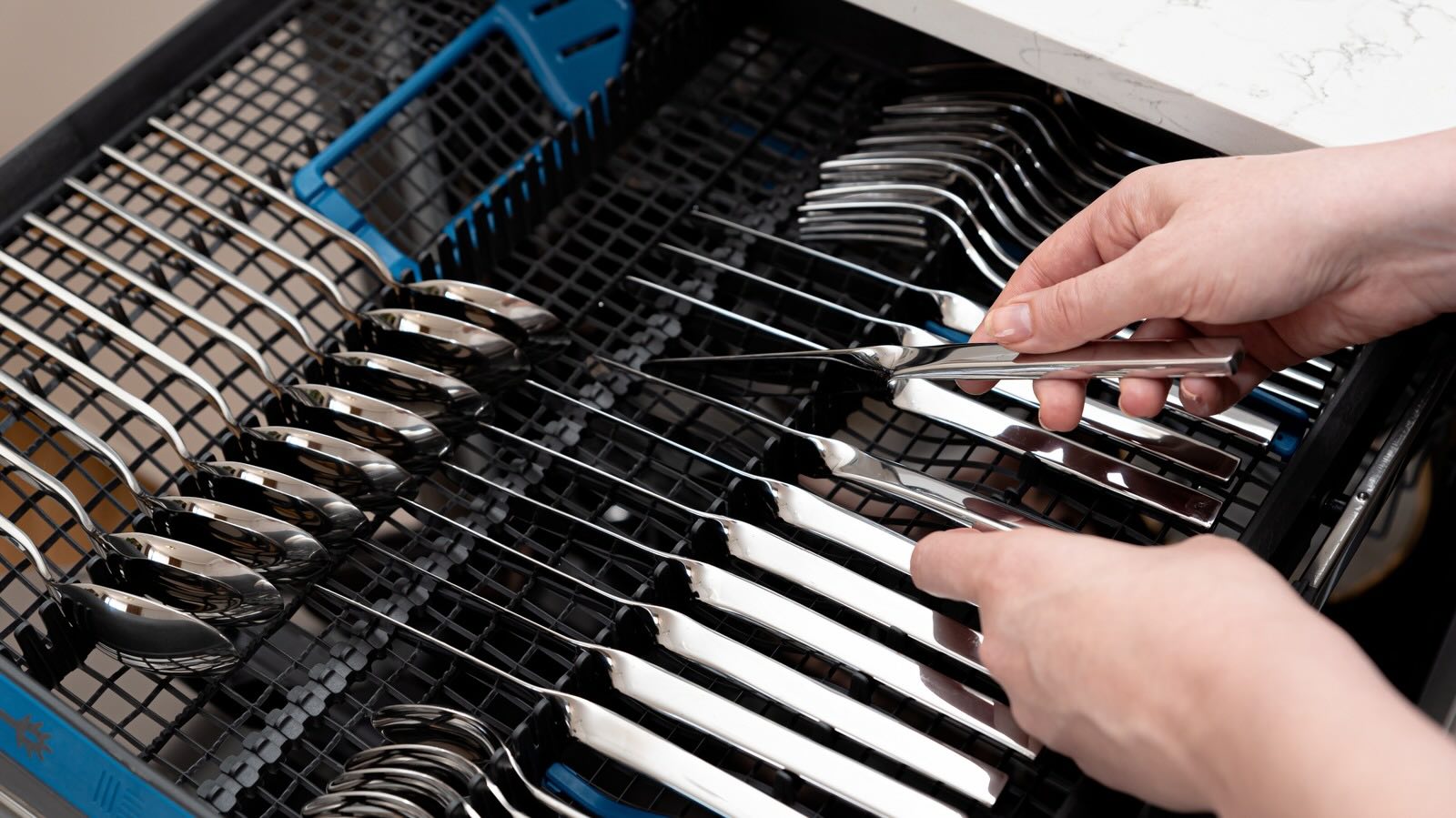

Tableware
Why Is My Silverware Rusting In The Dishwasher
Modified: August 28, 2024
Discover why your tableware is rusting in the dishwasher and how to prevent it. Keep your silverware sparkling and free from corrosion.
(Many of the links in this article redirect to a specific reviewed product. Your purchase of these products through affiliate links helps to generate commission for Storables.com, at no extra cost. Learn more)
Introduction
Welcome to the wonderful world of tableware and the puzzling problem of rusting silverware in the dishwasher. If you’ve ever encountered rusty utensils or cutlery after a cycle, you may be wondering what’s causing this frustrating phenomenon. In this article, we’ll delve into the reasons behind rusting in the dishwasher and explore ways to prevent it.
While the dishwasher is a time-saving convenience that has revolutionized kitchen clean-up, it can sometimes wreak havoc on our beloved silverware. Understanding the factors at play can help us take better care of our tableware and keep them looking pristine for years to come.
So, let’s dive in and uncover the secrets behind this rusting mystery!
Key Takeaways:
- Understanding the factors contributing to silverware rusting in the dishwasher, such as exposure to harsh detergents and high mineral content in water, can help you take proactive steps to prevent rust formation and keep your tableware in pristine condition.
- Proper silverware maintenance, including hand washing when possible, thorough rinsing, immediate drying, and gentle storage, is essential for preventing rusting and preserving the quality and appearance of your utensils.
Read more: How To Clean Rust Off Silverware
Understanding the Dishwasher Environment
Before we delve into the reasons behind silverware rusting in the dishwasher, it’s important to understand the unique environment inside this cleaning appliance. The dishwasher creates a hot and moist environment that is ideal for cleaning dishes, but it can also pose challenges for certain materials, including silverware.
Inside the dishwasher, water is heated to high temperatures, typically ranging from 120°F to 160°F (49°C to 71°C), depending on the selected cycle. This hot water, combined with detergent and powerful jets, helps to dislodge and remove food particles and grease from your tableware.
As the water circulates, it can splash against the silverware, causing it to bump against other dishes, utensils, or the dishwasher walls. This movement can lead to scratches or chips on the utensils, creating small areas where the protective layer of the metal may be compromised.
The moisture levels in the dishwasher are also high, as the steam from the hot water and the residual moisture on the dishes evaporate during the drying cycle. This moisture, if not properly managed, can accelerate the oxidation process and promote the formation of rust on susceptible materials.
Furthermore, most dishwashers use metal racks to hold the dishes in place during the cleaning process. If these racks are damaged or have a deteriorating coating, they can expose the silverware to bare metal, increasing the risk of rusting.
Now that we have a better understanding of the dishwasher environment, let’s explore the factors that contribute to rusting in more detail.
Factors Contributing to Rusting
Several factors can contribute to silverware rusting in the dishwasher. Understanding these factors can help us take proactive steps to prevent rust formation and keep our tableware in pristine condition. Let’s take a closer look at these contributing factors:
- Exposure to Harsh Detergents: Dishwasher detergents contain chemicals that are designed to break down stubborn food residues and stains. However, some detergents can be harsh and abrasive, especially those that contain chlorine. Prolonged exposure to these harsh detergents can strip away the protective layer on the silverware, leaving it vulnerable to rust formation.
- Acidic or Alkaline Water: The pH level of the water used in your dishwasher can also impact the rusting process. Water that is highly acidic or alkaline can corrode the protective layer on the silverware, making it more susceptible to rust formation. If your water has an extreme pH level, consider using a water softener or adjusting the dishwasher settings to minimize its impact.
- High Mineral Content: Water with a high mineral content, often referred to as “hard water,” can leave mineral deposits on your silverware. These deposits can build up over time and create an ideal environment for rust to form. If you live in an area with hard water, using a water softener or adding a rinse aid to your dishwasher can help minimize the impact.
- Poorly Loaded Dishwasher: The way you load your dishwasher can also affect the likelihood of silverware rusting. Placing utensils too close together or in contact with other metal objects can cause friction and scratches, compromising the protective layer. It’s essential to load the dishwasher properly, ensuring that the silverware is spaced out and does not touch other metal items.
- Overloading the Dishwasher: Overloading the dishwasher can restrict water flow and prevent proper rinsing of your silverware. This can lead to detergent and food residue buildup, creating an environment where rust can thrive. It’s important to follow the manufacturer’s guidelines regarding dishwasher capacity and avoid overcrowding the dishwasher.
By being aware of these contributing factors, you can take the necessary precautions to protect your silverware from rusting and keep them sparkling clean.
Types of Silverware Prone to Rusting
While silverware is generally designed to be durable and resistant to rust, certain types may be more prone to rust formation when exposed to the dishwasher environment. Here are some common types of silverware that are more susceptible to rusting:
- Low-Quality Stainless Steel: Silverware made from low-quality stainless steel may have a lower chromium content, which is responsible for its corrosion resistance. As a result, these utensils are more likely to rust in the dishwasher. It’s important to invest in higher-quality stainless steel silverware to avoid rusting issues.
- Non-Stainless Steel: Silverware made from non-stainless steel materials, such as iron or carbon steel, are highly susceptible to rusting. These materials lack the protective layer that stainless steel offers, making them highly vulnerable to corrosion. It’s best to avoid putting non-stainless steel utensils in the dishwasher altogether.
- Silver-Plated Silverware: Silver-plated silverware consists of a base metal coated with a thin layer of silver. Over time, this silver layer can wear off or become damaged, exposing the base metal to the dishwasher environment. Once the base metal is exposed, rusting becomes a common issue. Hand washing and proper maintenance are crucial for preserving the life of silver-plated silverware.
- Hollow-Handled Knives: Hollow-handled knives, often used for fine dining or special occasions, can be more prone to rusting. The hollow interior of these knives can trap water and food particles, promoting rust formation. It’s essential to carefully clean and thoroughly dry these knives to prevent moisture buildup.
Keep in mind that the quality and care of the silverware play a significant role in its susceptibility to rusting. Investing in high-quality materials and properly maintaining your silverware can help minimize the risk of rust formation in the dishwasher.
To prevent silverware from rusting in the dishwasher, make sure to separate stainless steel and silver-plated items, use a rust-inhibiting dishwasher detergent, and promptly remove silverware after the cycle to allow it to air dry.
Proper Silverware Maintenance
Maintaining your silverware properly is essential for preventing rusting and preserving its quality and appearance. Here are some tips for proper silverware maintenance:
- Hand Wash When Possible: While most stainless steel silverware is dishwasher safe, it’s always best to hand wash them whenever possible. Hand washing allows you to have more control over the cleaning process and reduces exposure to harsh detergents and high temperatures.
- Rinse Thoroughly: After each use, rinse your silverware thoroughly to remove any food particles or acidic substances that can contribute to rust formation. This step is especially important if you won’t be washing them immediately.
- Dry Immediately: To prevent moisture buildup, always dry your silverware immediately after washing. Leaving them wet or damp can promote the oxidation process and increase the risk of rust. Use a soft cloth or towel to dry them thoroughly.
- Store Properly: When storing your silverware, ensure that they are completely dry and stored in a dry and clean environment. Avoid storing them in a humid or damp area, as it can accelerate rust formation. Use utensil trays or dividers to keep them separate and prevent scratching.
- Avoid Harsh Cleaners: When cleaning your silverware, avoid using harsh cleaners, abrasive scrubbers, or steel wool. These can strip away the protective layer or scratch the surface of the utensils, making them more susceptible to rust. Opt for gentle dish soap and a soft sponge or cloth instead.
By following these maintenance tips and handling your silverware with care, you can significantly extend their lifespan and minimize the risk of rust formation.
Read more: Why Is My Dishwasher Not Working
Tips for Preventing Rust in the Dishwasher
To prevent rusting in the dishwasher and keep your silverware in pristine condition, here are some helpful tips that you can follow:
- Choose High-Quality Stainless Steel: Invest in high-quality stainless steel silverware that is specifically designed to be resistant to rust and corrosion. Look for utensils with a higher chromium content, which provides better protection against rust in the dishwasher.
- Load Silverware Properly: When loading your dishwasher, make sure to space out your silverware and avoid overcrowding. This allows for proper water circulation and prevents the utensils from bumping into each other, minimizing scratches and potential rusting.
- Separate Silverware from Other Metals: Whenever possible, separate your silverware from other metal objects, such as pots, pans, or utensils. Different metals can cause a reaction that leads to rust formation. Utilize the utensil basket or cutlery tray provided by your dishwasher to keep them separate.
- Use Mild Detergents: Opt for mild dishwasher detergents that are specifically formulated for delicate materials, such as silverware. Harsh detergents containing chlorine can strip away the protective layer on the utensils, making them more susceptible to rust. Look for detergents that are gentle yet effective in cleaning.
- Minimize Exposure to Water: If your dishwasher has a “rinse and hold” or “pre-rinse” cycle, consider using it for your silverware. This helps to remove food particles and acidic substances before the main wash cycle, reducing their exposure to moisture and potential rust formation.
- Regularly Inspect Dishwasher Racks: Periodically check the condition of your dishwasher racks. If you notice any signs of damage or deterioration, such as chips or peeling coating, it’s important to have them repaired or replaced. Damaged racks can expose silverware to bare metal, increasing the risk of rusting.
Following these preventive measures can go a long way in keeping your silverware rust-free and ensuring they retain their shine and beauty over time.
Common Mistakes to Avoid
To minimize the risk of rusting in the dishwasher, it’s important to be aware of common mistakes that can inadvertently contribute to rust formation. By avoiding these mistakes, you can help preserve the quality of your silverware. Here are some common mistakes to avoid:
- Leaving Silverware in the Dishwasher: Leaving silverware in the dishwasher for an extended period after the cycle has ended can allow moisture to accumulate, promoting rust formation. Remove your silverware promptly after the cycle completes and dry them thoroughly.
- Using Excessive Detergent: Using more detergent than necessary won’t make your silverware cleaner; in fact, it can leave behind a residue that promotes rusting. Follow the manufacturer’s instructions regarding detergent amount and avoid overloading.
- Skipping the Pre-Rinse: While scraping off excess food particles is recommended, completely skipping the pre-rinse step can lead to food buildup on your silverware and potentially accelerate rust formation. Give your silverware a quick rinse before loading them into the dishwasher.
- Using the Wrong Dishwasher Cycle: Using the wrong cycle for your silverware can expose them to excessive heat or prolonged exposure to water, increasing the risk of rust. Select a gentle or delicate cycle specifically designed for your silverware, if available.
- Overloading the Silverware Basket: Overstuffing the silverware basket can lead to insufficient water circulation, inadequate rinsing, and potential damage to the utensils. Ensure there’s enough space between the utensils for proper cleaning and drying.
- Ignoring Routine Maintenance: Neglecting routine maintenance of your dishwasher, such as cleaning the filter or inspecting the spray arms, can lead to poor performance and residue buildup. Regularly clean your dishwasher and perform maintenance tasks as recommended in the user manual.
By avoiding these common mistakes and practicing proper dishwasher usage, you can significantly reduce the chances of rusting and extend the lifespan of your silverware.
Conclusion
Rusting silverware in the dishwasher can be a frustrating problem, but with the right knowledge and precautions, it can be effectively prevented. By understanding the dishwasher environment, recognizing the factors that contribute to rusting, and implementing proper silverware maintenance, you can keep your utensils rust-free and in excellent condition for years to come.
Remember to choose high-quality stainless steel silverware and load it properly to avoid scratches and overcrowding. Separate your silverware from other metals, use mild detergents, and minimize exposure to water. Regularly inspect your dishwasher racks and address any damage promptly to prevent bare metal contact. Additionally, avoid common mistakes such as leaving silverware in the dishwasher, using excessive detergent, and overloading the silverware basket.
By following these tips and maintaining a diligent approach to silverware care, you can enjoy beautifully clean and rust-free utensils every time you run your dishwasher. Take pride in your tableware collection and ensure its longevity by giving it the attention and care it deserves.
So, go ahead and embrace the convenience of the dishwasher while keeping your silverware tarnish-free and ready to enhance every meal with elegance and style.
Frequently Asked Questions about Why Is My Silverware Rusting In The Dishwasher
Was this page helpful?
At Storables.com, we guarantee accurate and reliable information. Our content, validated by Expert Board Contributors, is crafted following stringent Editorial Policies. We're committed to providing you with well-researched, expert-backed insights for all your informational needs.
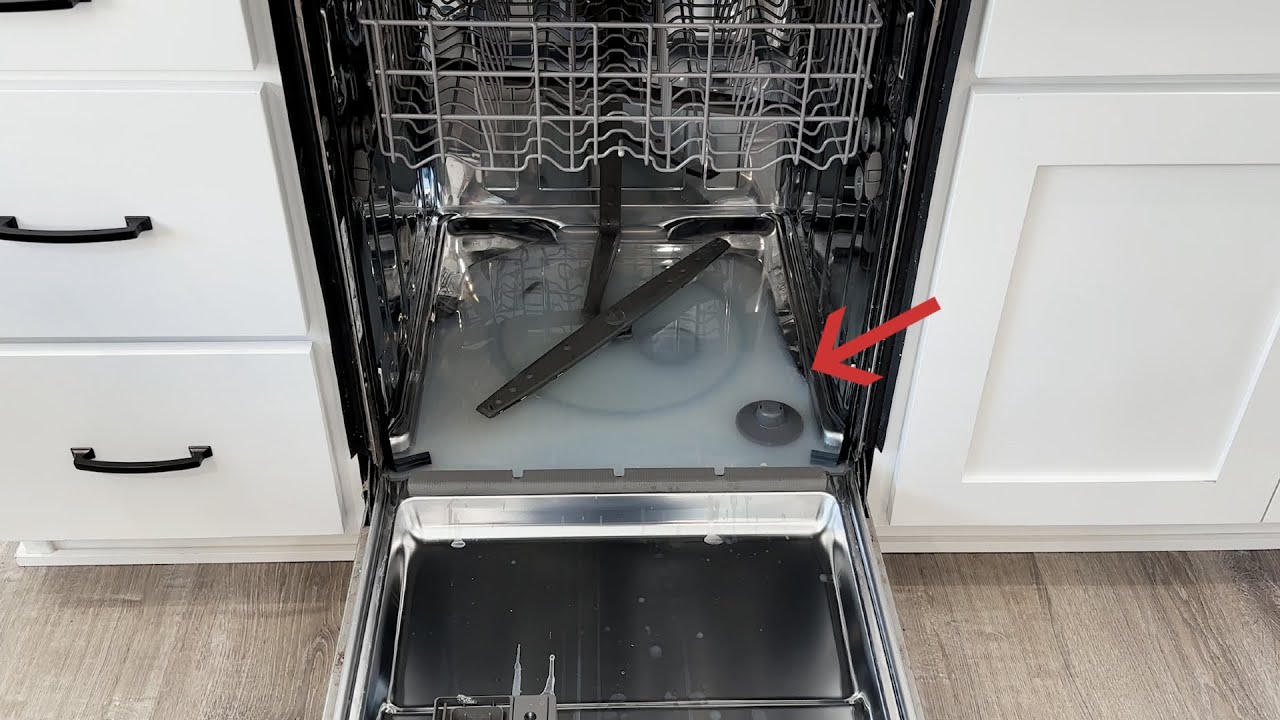
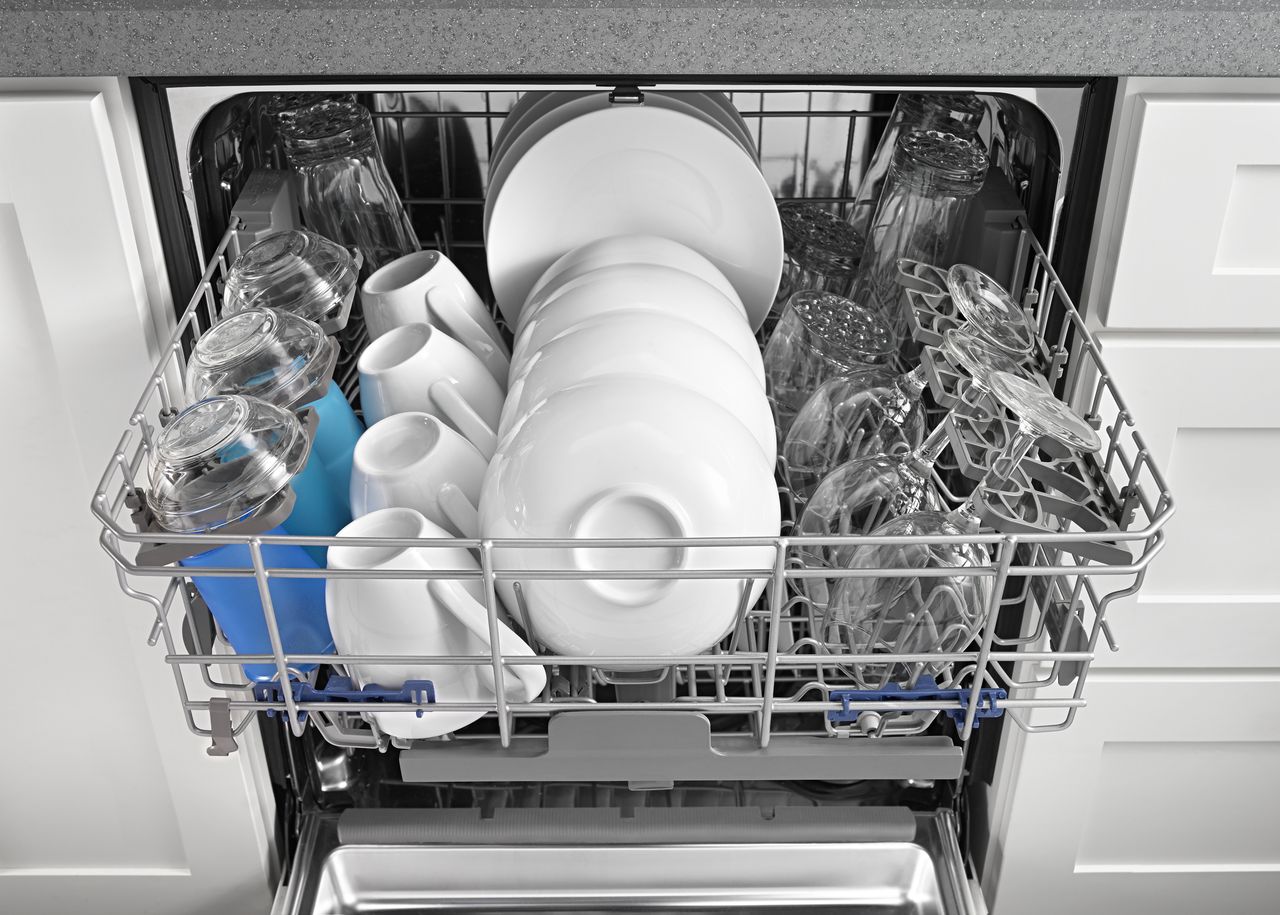
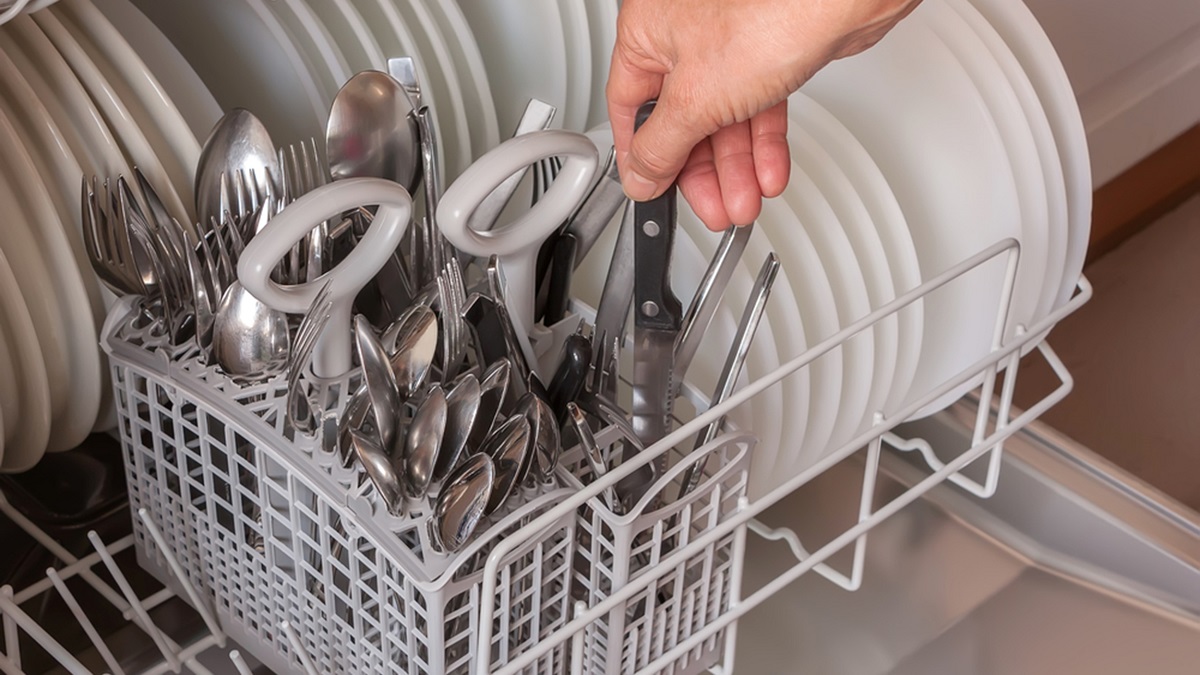
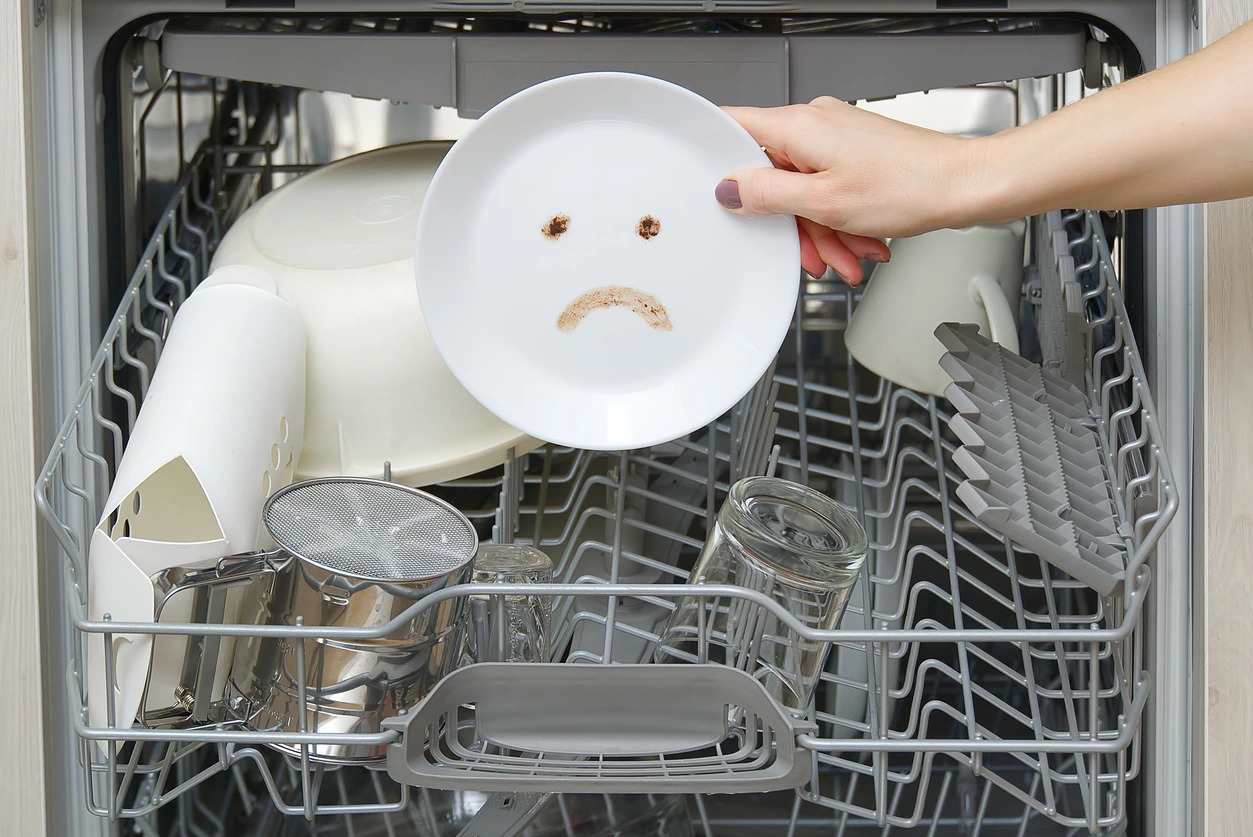
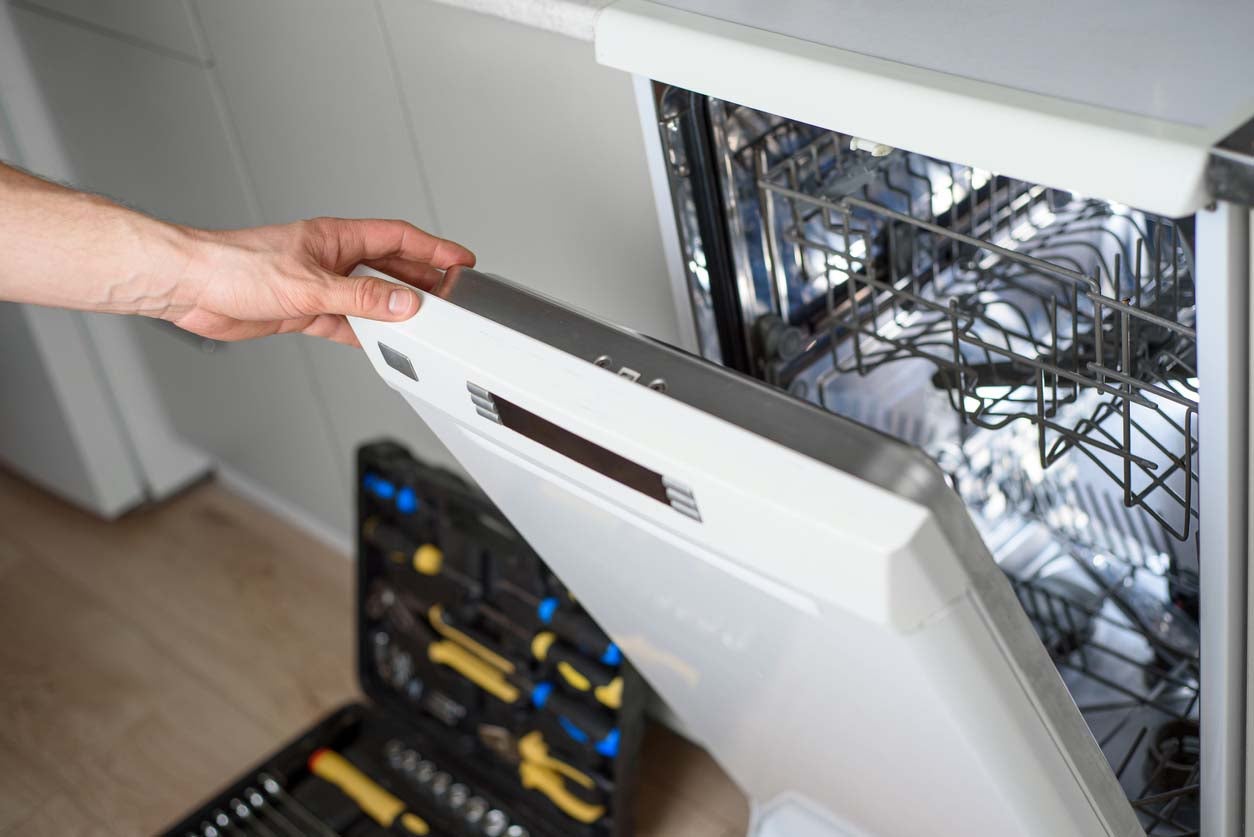
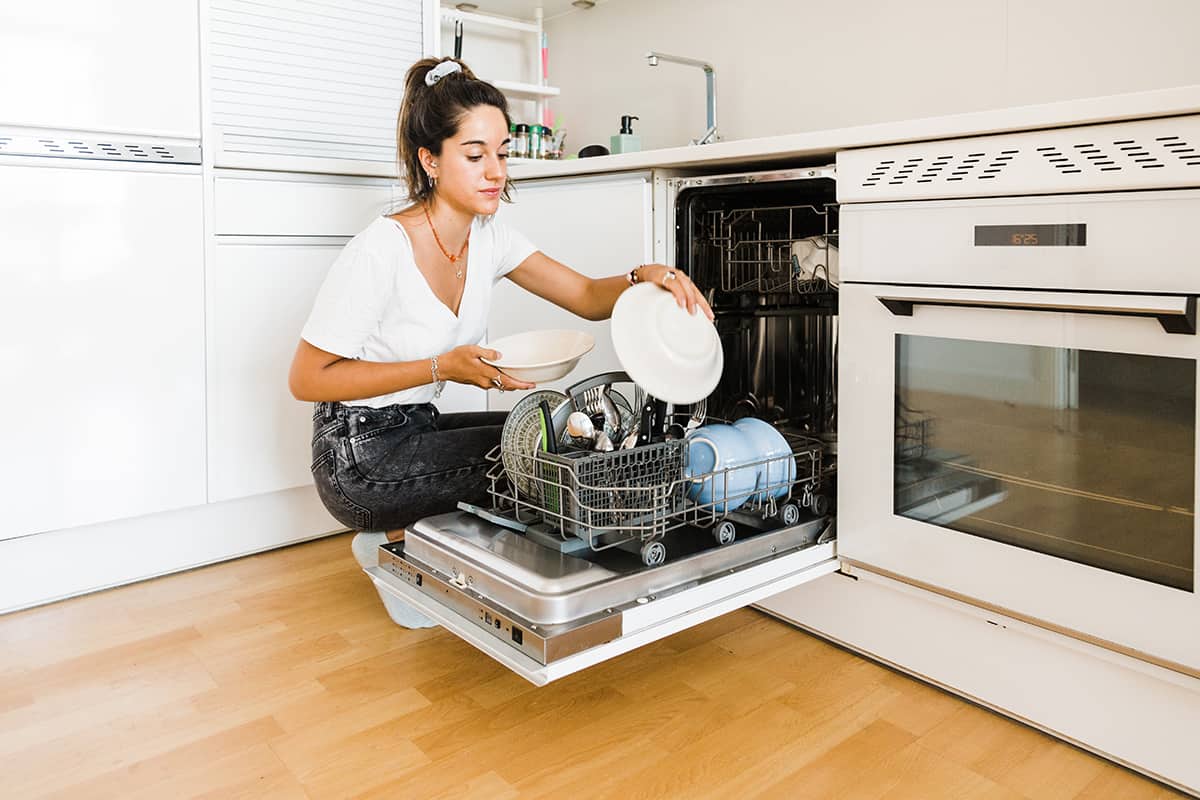
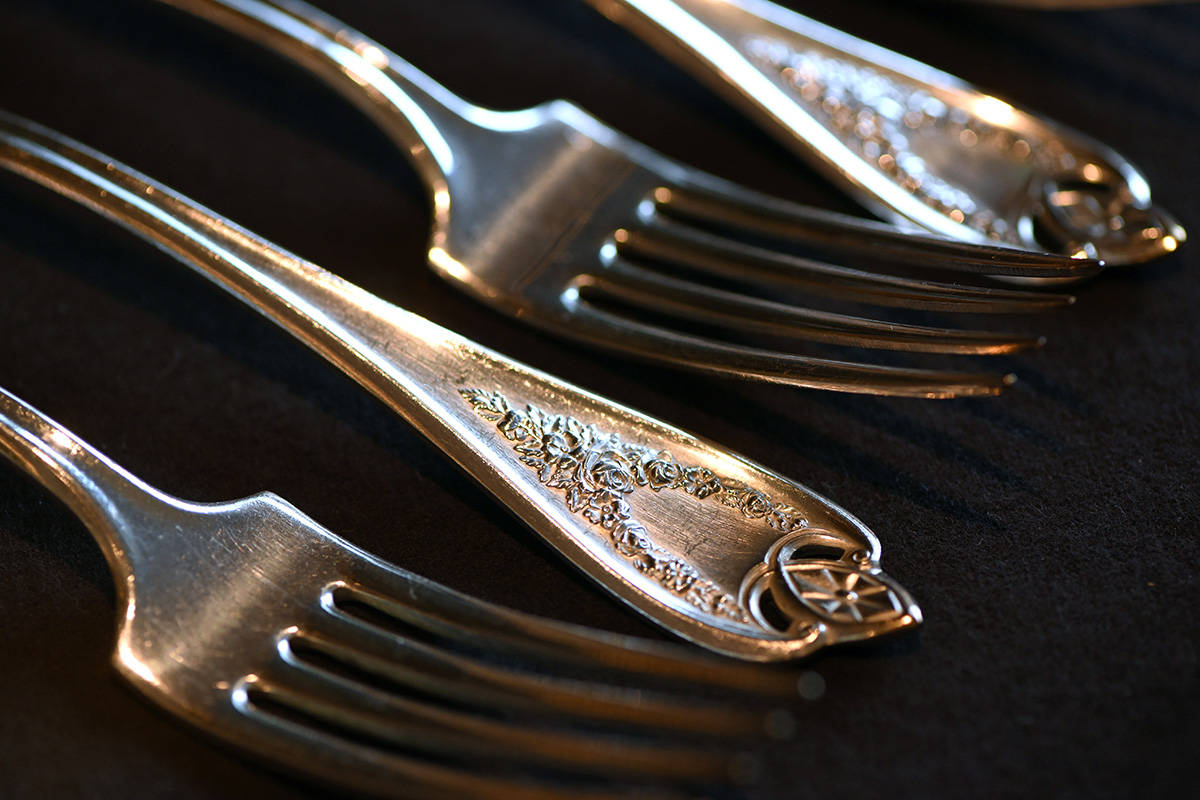
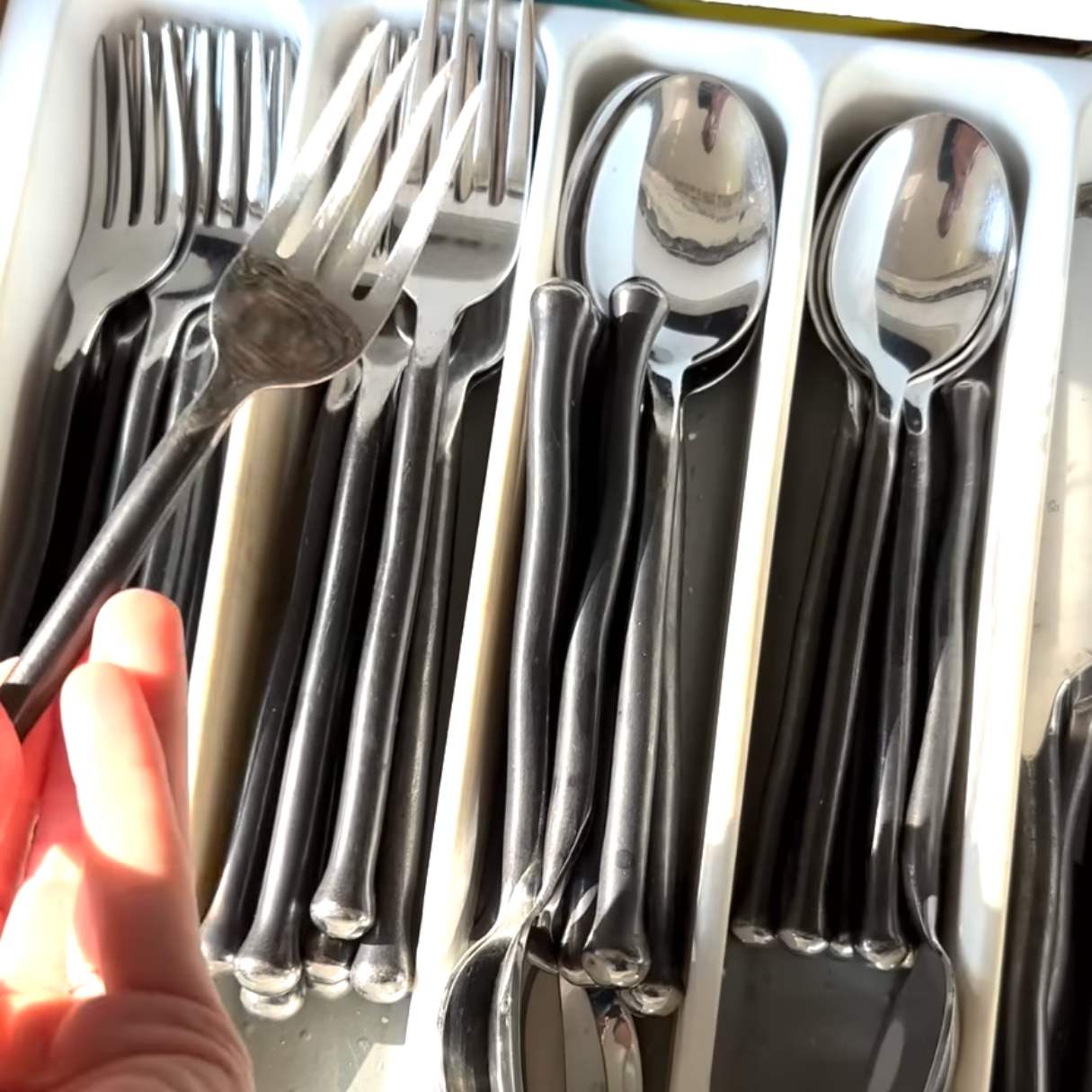
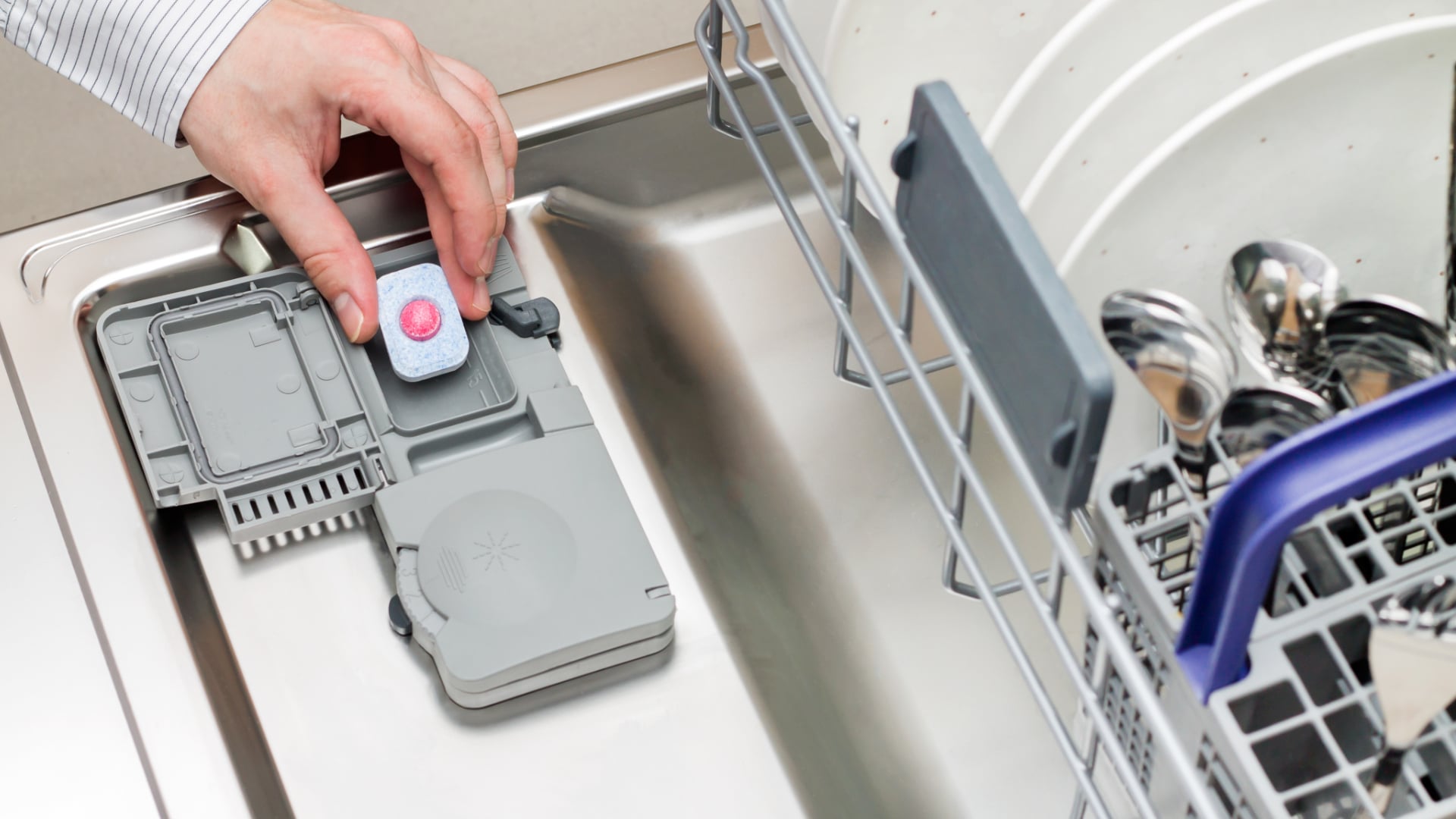
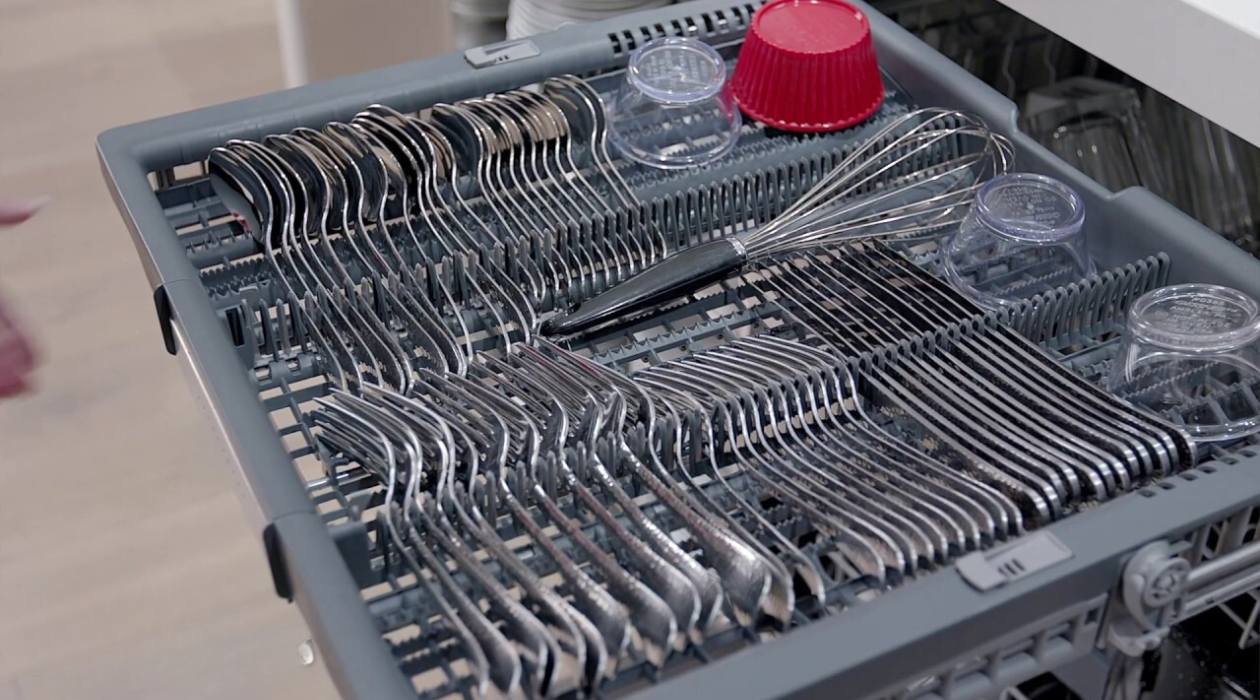
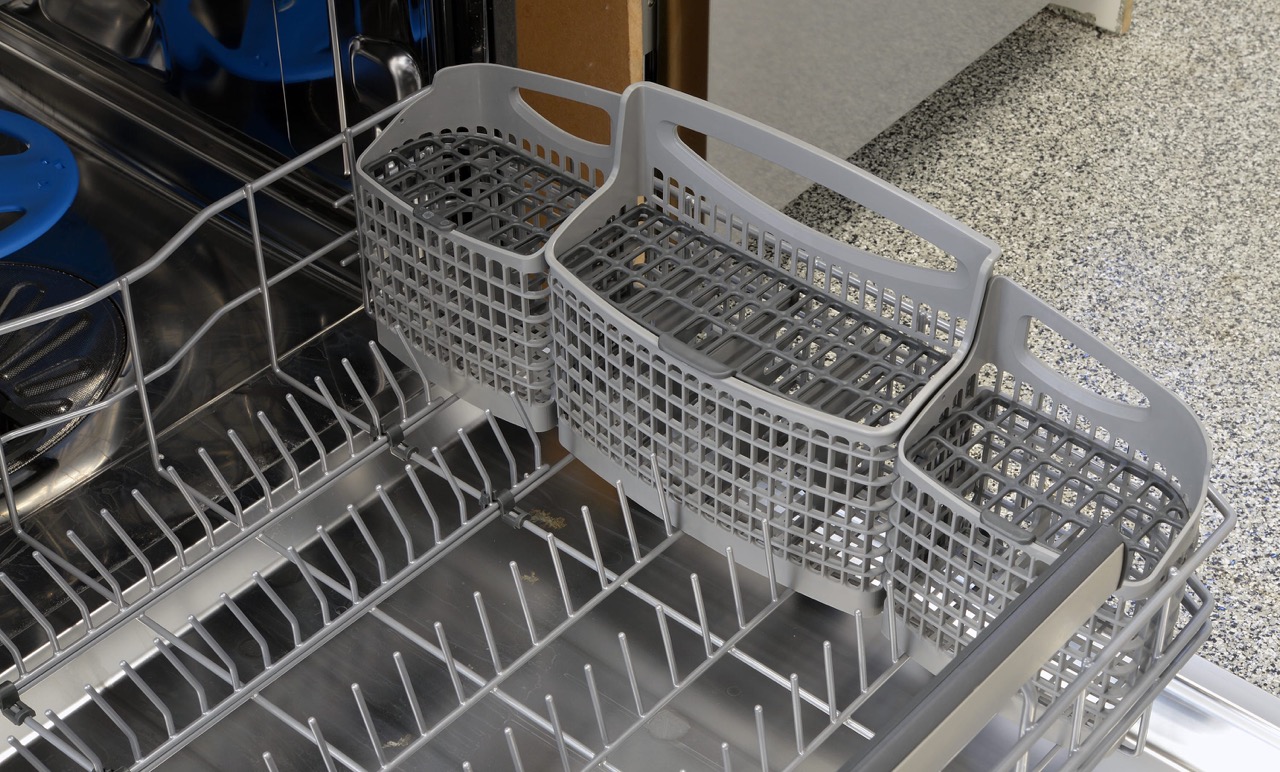
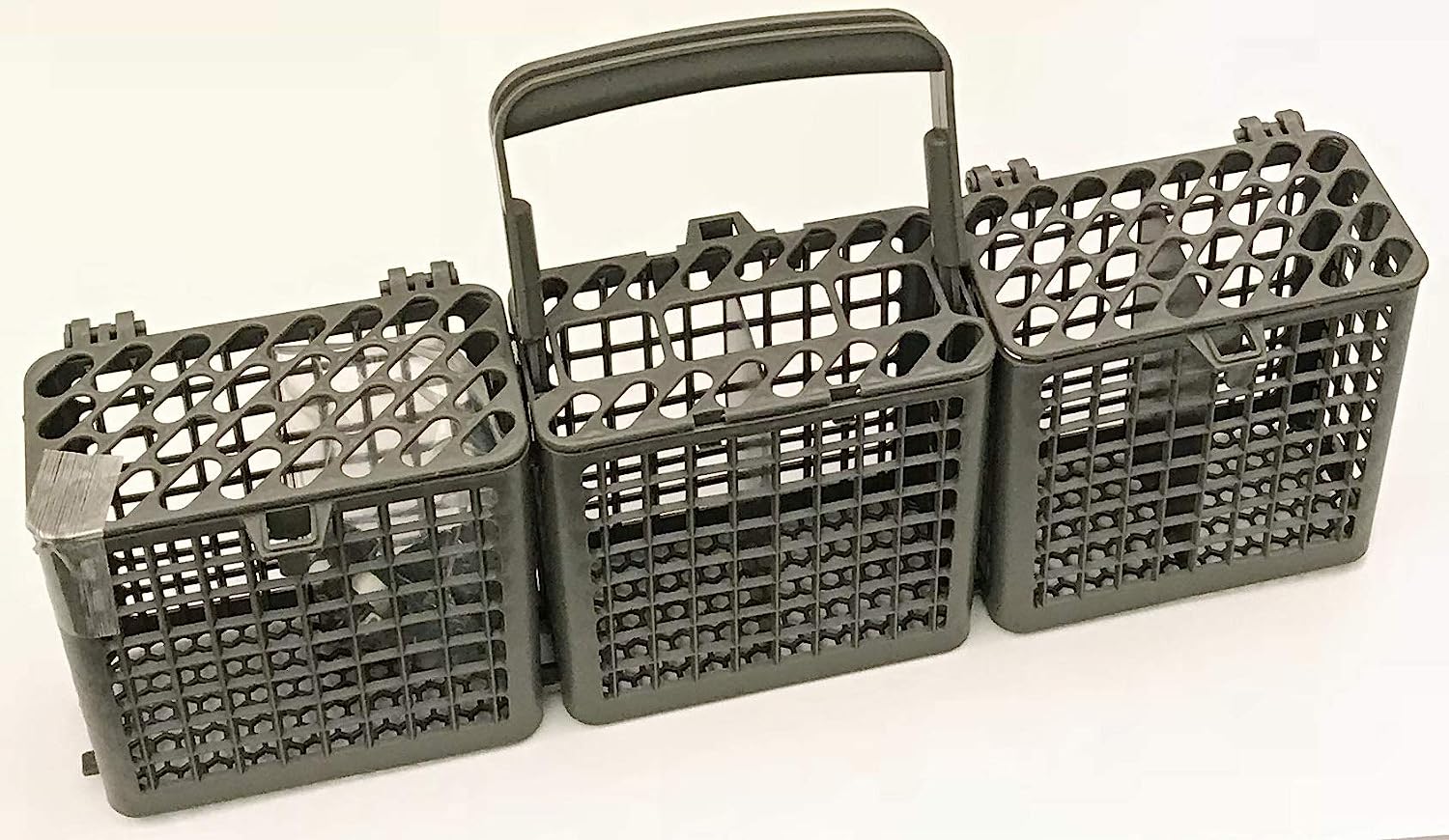
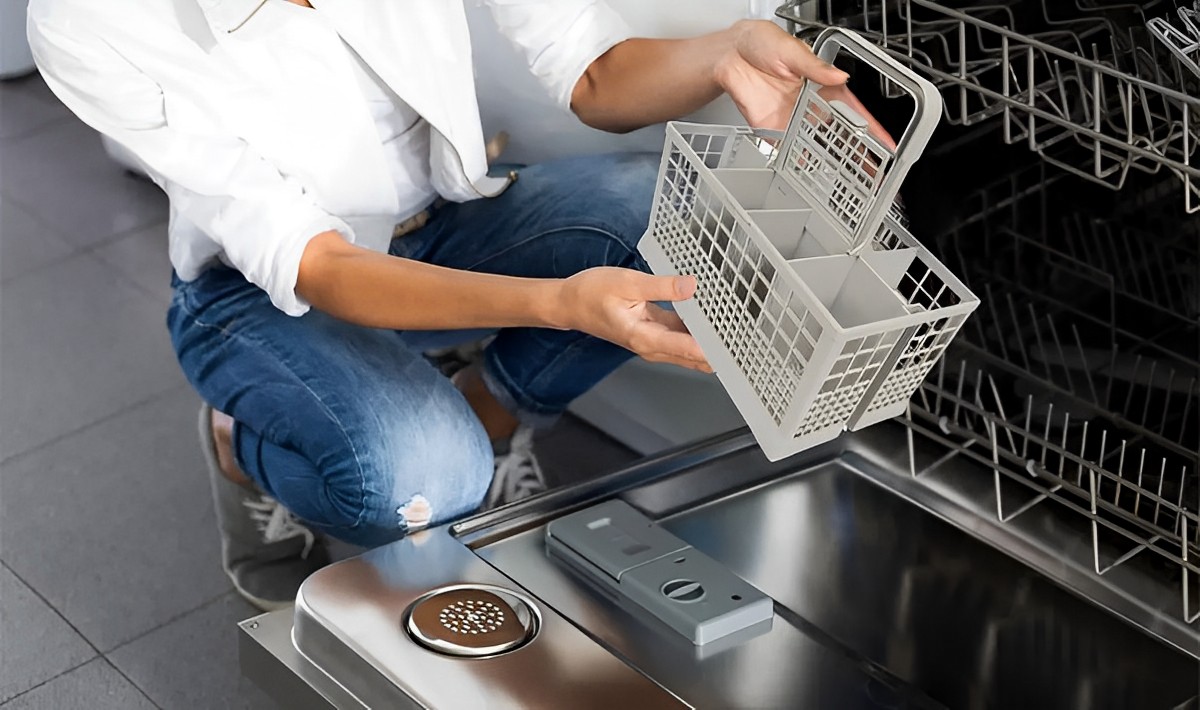
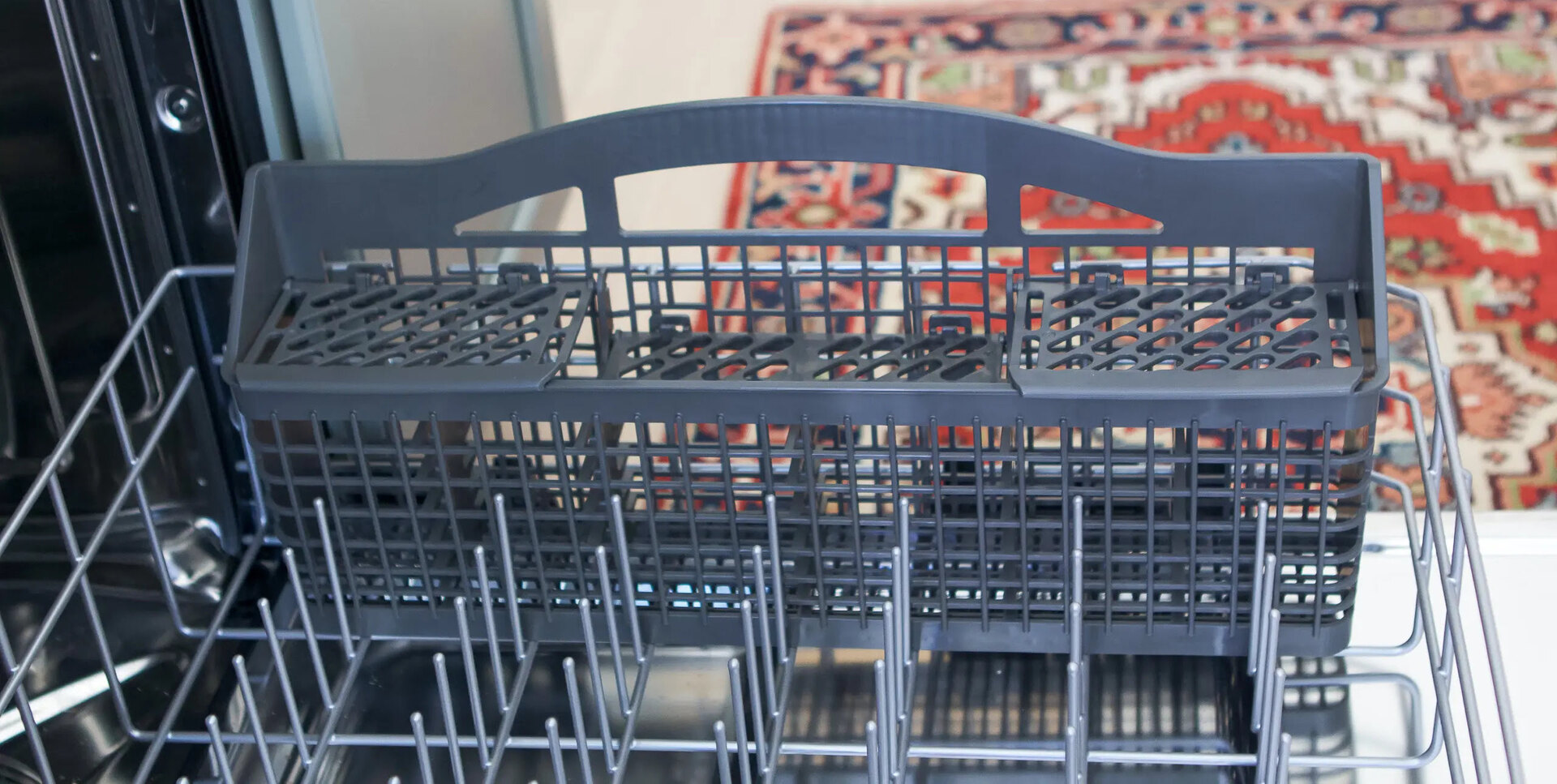

0 thoughts on “Why Is My Silverware Rusting In The Dishwasher”